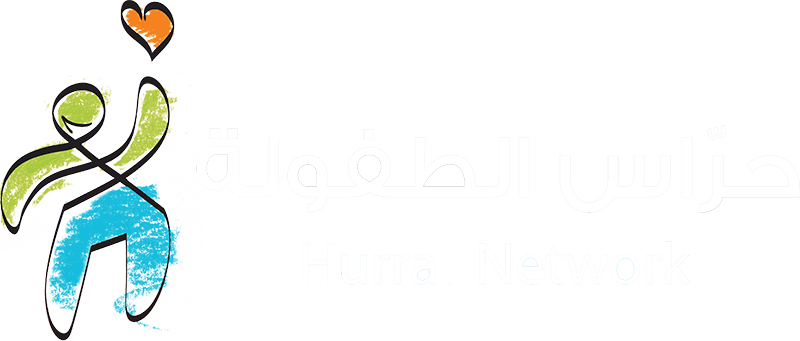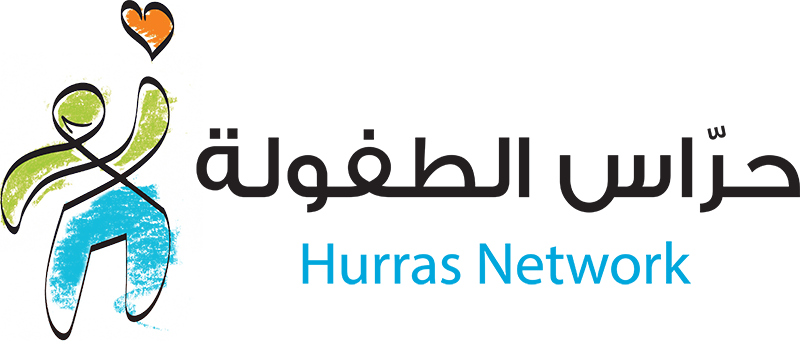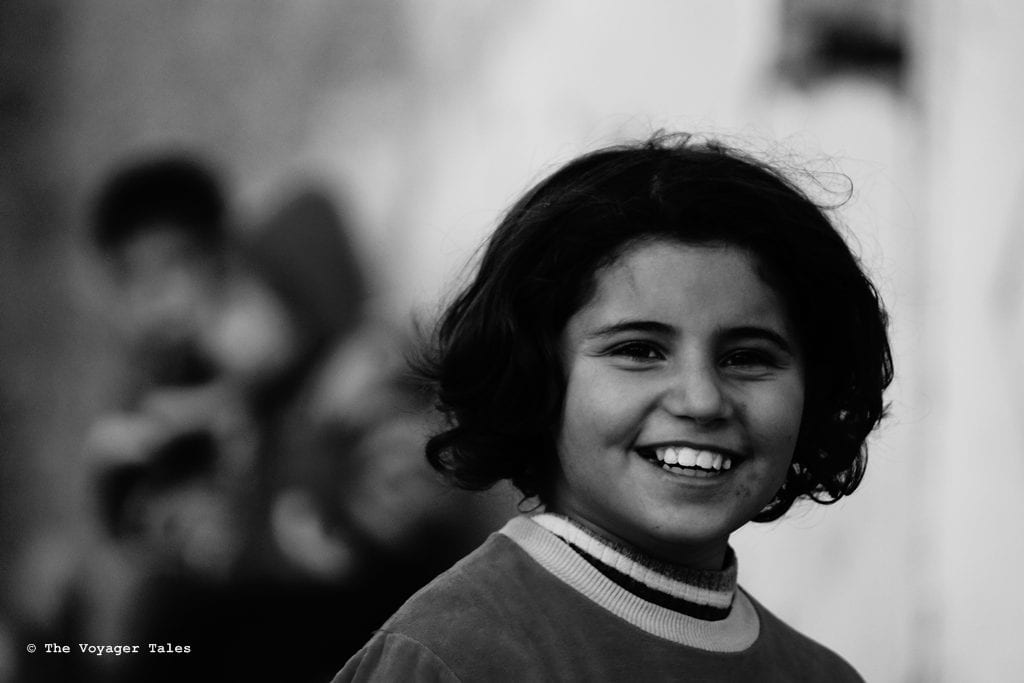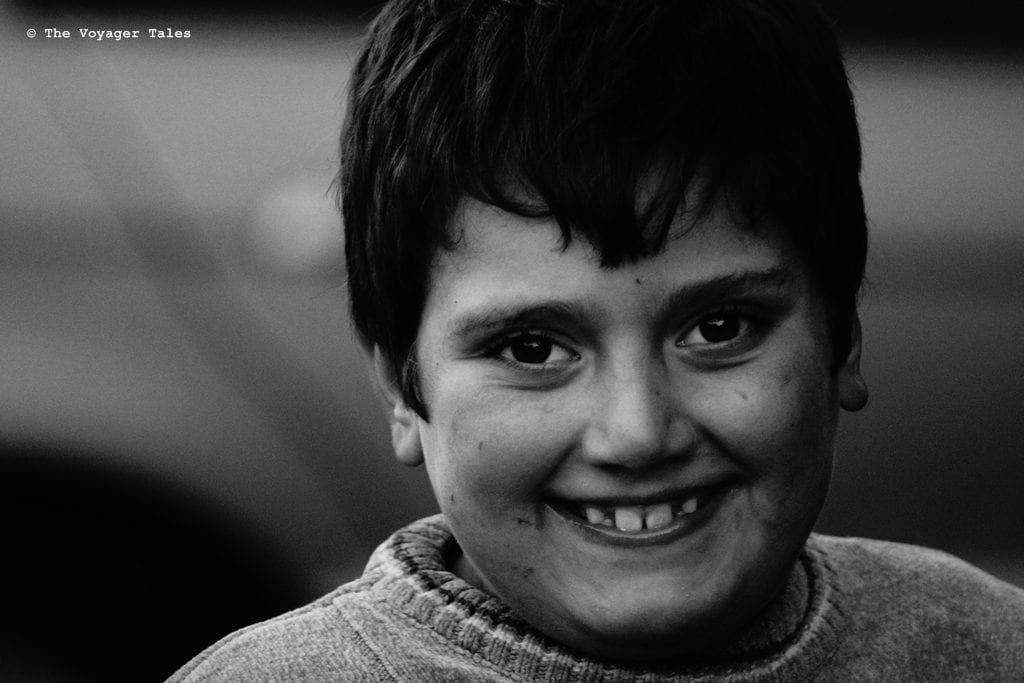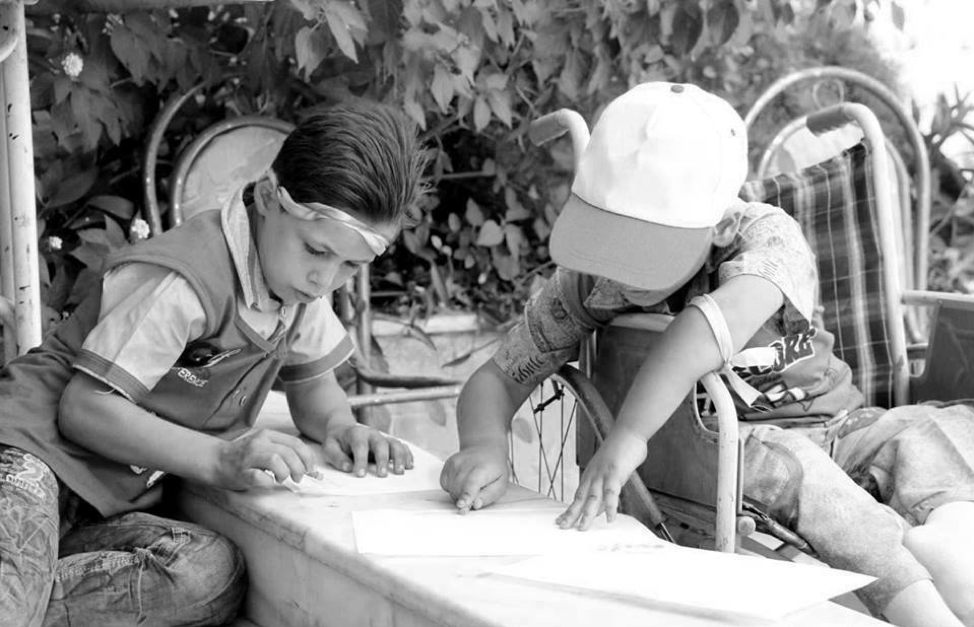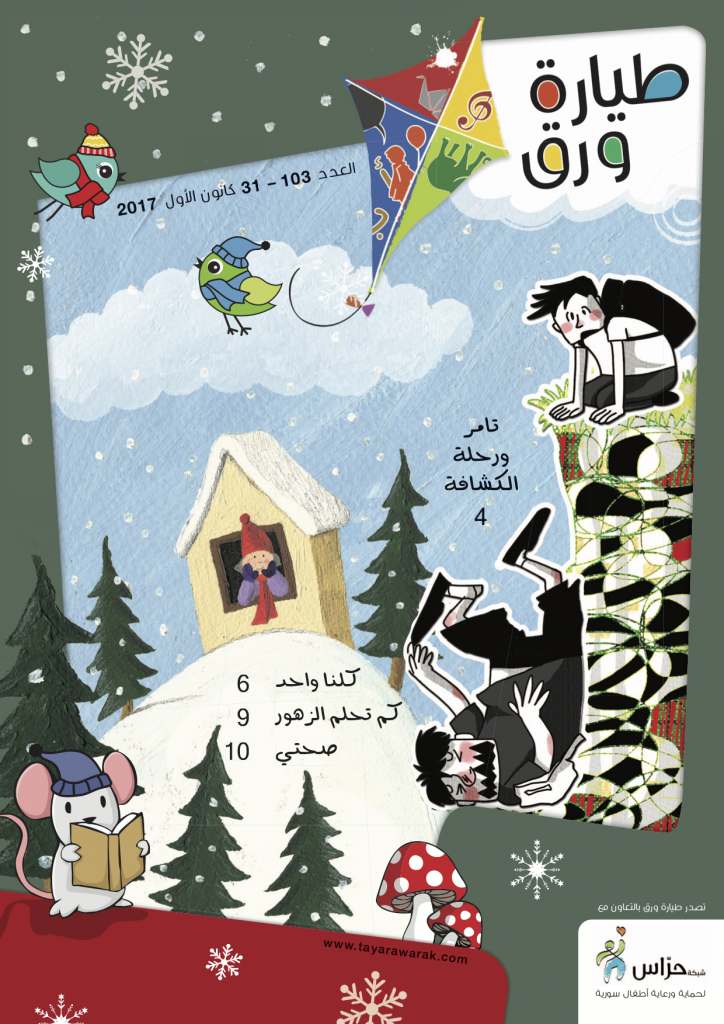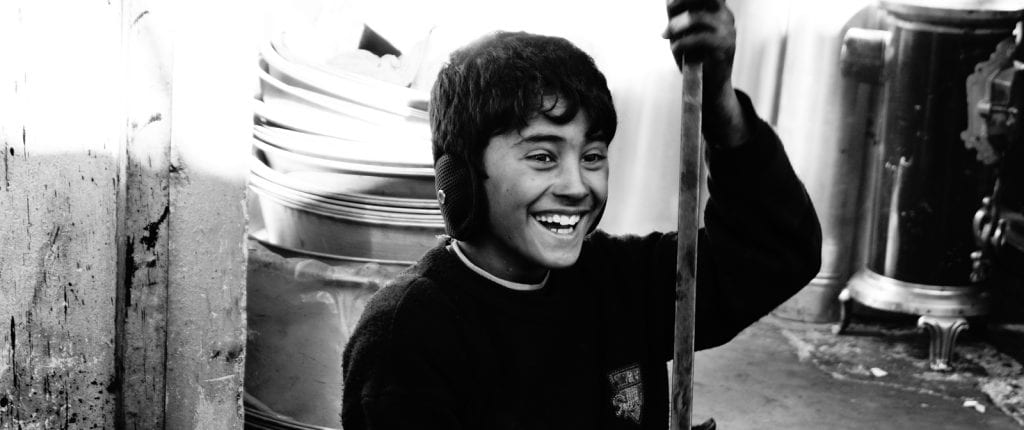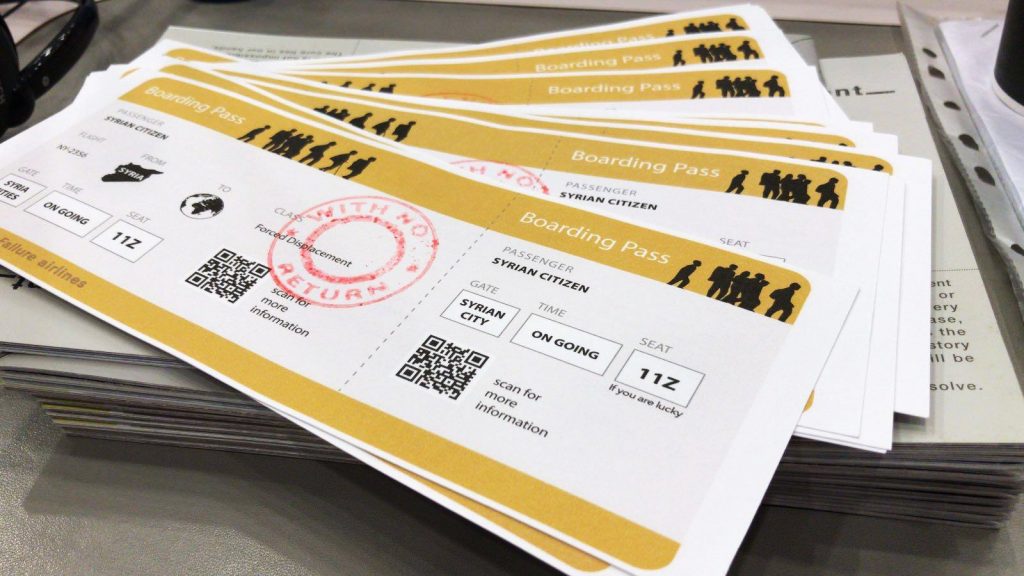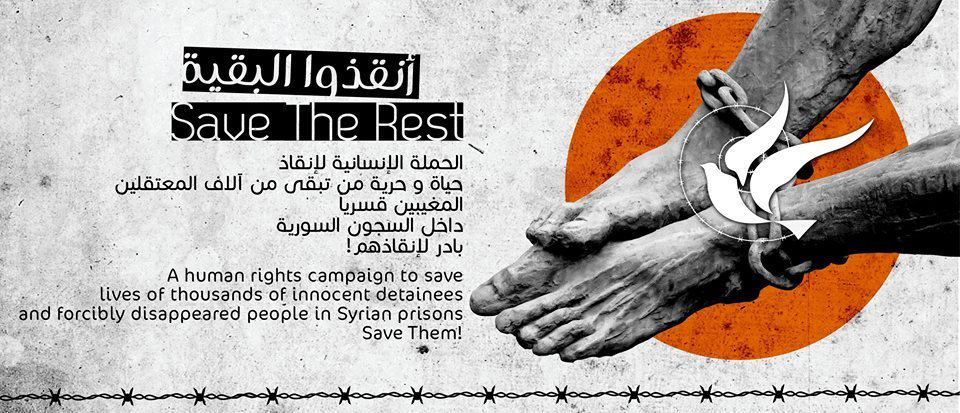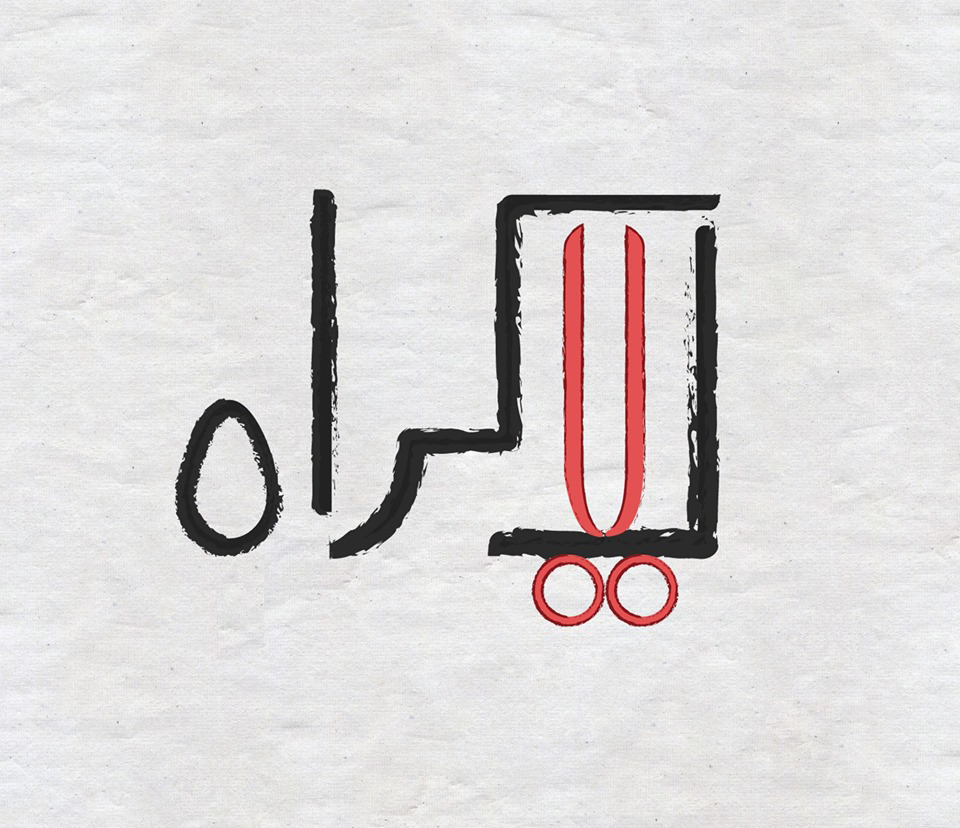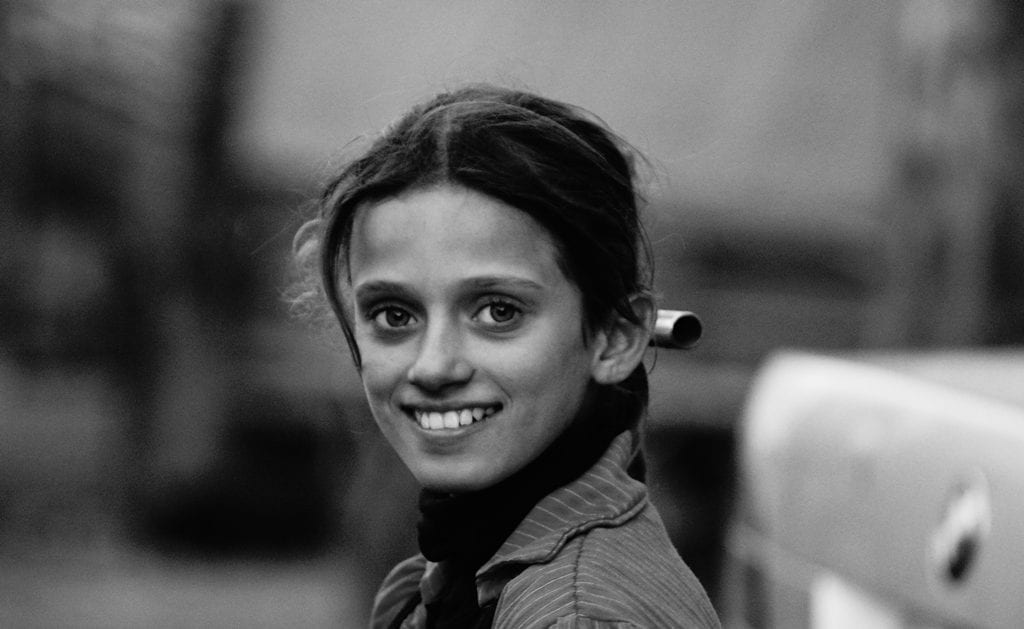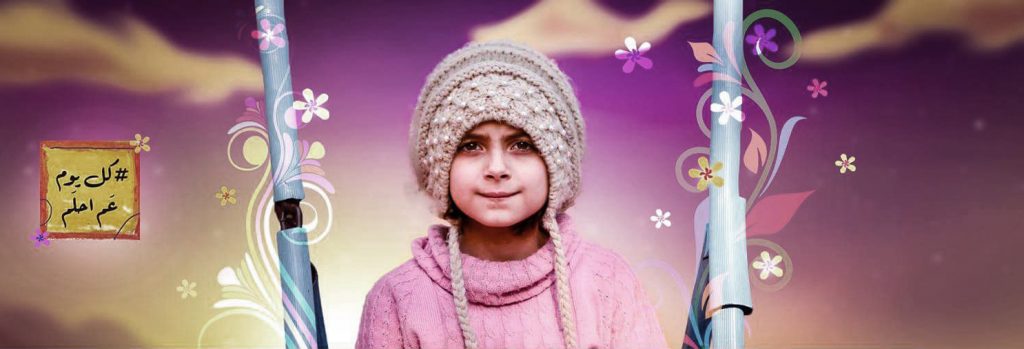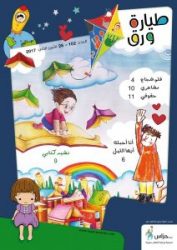What is case management?
Case Management is the process of addressing the individual child’s (and his or her family’s) needs for care and protection in an appropriate, systematic and timely manner, through direct support and/or referrals.
Why is case management important?
Exposure to violence, negligence and other risks can have a lasting effect on children. Yet, not all children are affected in the same way. Various risk and protective factors among the child, his or her family and community, may impact how well he or she adapts in the face of protracted conflict.
A resilient child is one who benefits from protective factors in such a way as to overcome risks and be successful in an adverse situation.
Some children are more vulnerable. Often times, risk factors can gravely outbalance protective factors, to a point where additional support is needed to improve a child’s resilience and for them to have equitable access to opportunities.
This is why our network believes that support should be prioritized for those children who might require additional services, support mechanisms and close monitoring. Equity in HRS’s terms mean reducing marginalization of children who need this type of support. With the help of our case management systems, girls and boys with urgent child protection needs are identified and offered age-appropriate information, as well as an effective, multi-sectoral and child-friendly response.
Hurras developed and implemented an automated case management system with referral pathways and full-service mapping within four provinces in Syria.
Our teams brought more than 48,603 children back to schools since 2013.
We have established 31 local child protection committees to empower local communities to raise their child protection standards.
Integrated protection standards into 1,400 schools of the Ministry of Education of the Interim Government, through their Unified Child Protection Policy.
We have qualified 172 schools to appoint child protection professionals, who are trained by Hurras. See here our qualification criteria for schools
We have achieved local and international recognition as a leading child protection organization. Hurras is a member of the Steering Committee for Alliance for Child Protection in Humanitarian Action.
How does the case management system work?
HRS has developed and tested an automated case management system designed to support our experienced team of social workers across all our offices.
Admission to our case management services follows clear and thorough vulnerability criteria.
STEP 1: Reaching out to vulnerable children
Children are referred to our offices by various pathways, including the following:
Walk-ins: HRS expended years of effort to raise the awareness of local communities on children’s rights and to encourage locals to seek professional social services. As a result, an increasing number of families and their children are coming to HRS’s offices or our child-friendly spaces in search of professional help.
Schools referrals: HRS’s child protection services were integrated into 390 schools inside Syria. A trained Safeguarding Officer (SGO) has been appointed in each of those schools with the following responsibilities:
- Safely identify vulnerable children.
- Refer the children to HRS’s case management services.
- Develop service maps in their communities.
- Lead school child protection committees that also play a role in the identification of vulnerable children.
Community-based committee referrals: Community-based committees are a network of individuals and members of society empowered by HRS to raise the child protection standards in their communities. HRS has established 31 local Child Protection Committees. Those committees play an increasing role in expanding our outreach and identifying children in need of a referral.


STEP 2: Accepting and registering a case
- Once a child is referred to us from one of the above pathways, a comprehensive assessment of the child’s (and his or her family’s) condition is carried out to determine if he/she needs to be registered for case management services.
- Every case is assessed according to detailed criteria that take into consideration the nature of varying social situations (example: children separated from their families or children subjected to neglect).
- In certain situations, the case management team will only refer the case to other service providers within the community without registering it.
- Case management services address child protection issues only.
STEP 3: Managing the case
- When a case is formally registered, a comprehensive assessment is performed by a trained case management specialist, who sets the required care plan for the child.
- The care plan comprises a range of tailored activities that are supervised by the case management specialist.
- This includes referring the child to basic services, such as psychological counselling, education, health and legal services, if required.
- The referral is made in coordination with the receiving party and under the supervision of the case management specialist assigned to the case.
- Depending on the child’s specific needs, the case is reviewed on a weekly or semi-monthly basis through home visits and meetings, including face-to-face meetings with the child.
- A maximum of 25 cases are assigned to each case management specialist at a time. One supervisor is assigned for every five case management specialists, in order to provide individual training and consultation.


STEP 4: Closing the case
At the time of review, the case can be closed after consultation with the parents in the following conditions:
- f it is clear that the child is no longer in need of protective services.
- When the child reaches 18 years of age (at that time, he or she will no longer be considered a child and therefore the framework of child protection does not apply).
- When the child relocates to an area to which Hurras has no access
- When communication with the child or his/her family is completely lost.
- In the event of death.
Service mapping
HRS has completed a full-service mapping of the available child-related services across its targeted areas. We continuously review the service maps and share the updated information about them with the community.
How can you help?
- Help us reach our target! Donate for our case management programme
- Volunteer
- Tell people in your community about our cause
Case Management FAQ
- Our initial approach is to coordinate with medical relief organizations and other medical institutions, and refer the case(s) to them. Hurras also supports medical organizations that do not have the capacity to fully cover the treatment, by organizing fundraising and advocacy campaigns. In addition, Hurras may assist in organizing local fundraising campaigns to fund the treatment as part of its strategy to empower society to undertake future initiatives.
- In the cases when the family or the caregiver can only cover part of the treatment cost, Hurras may assist in covering the remaining cost. In other cases, Hurras may cooperate with other medical organizations/institutions to cover the expenses.
- The expenses will be covered in full (100%) in the event of high-risk and urgent medical cases, and when the caregiver cannot cover the expenses on his or her own.
We consider child labour to be exploitative when:
- The children are denied their right to learn and play.
- The work causes physical harm, such as carrying heavy loads that are not commensurate with their age and may impede their physical growth.
- The child receives lower wages compared to his adult co-workers for doing the same amount/load of work.
- The child engages in grave forms of exploitative employment such as military recruitment or sex trafficking.
Considering the above, our case management teams will examine the best interest of the child to determine whether or not it is in his/her best interest to continue working. If it is clear that allowing the child to work is in his/her best interest, our teams will take steps to improving work conditions so that they allow the child to receive education and play, and in a way that does not impede their physical or mental development.
If training is required to improve the child’s chances of securing an appropriate job opportunity, Hurras will cover the cost of the training until the child completes it.
Poverty or material needs alone are not considered part of the vulnerability criteria that Hurras monitors (see our vulnerability criteria). This is why in such cases Hurras will only play a part in coordinating with relief organizations that provide such services/supplies.
However, if the case meets the vulnerability criteria, our network will work on empowering parents to help them provide for the basic needs of their family. Moreover, Hurras will refer the caregivers to other relief organizations and will follow up on their access to the services they need, in addition to assisting them in seeking employment.
If a case is accepted and meets the vulnerability criteria, Hurras will work with the caregivers to improve their living conditions by providing the following:
- Referral to organizations that assist in providing employment opportunities.
- Assist in the preparation of their CVs, and in distributing them to the appropriate channels.
- Direct caregivers to attend training and professional development programs in collaboration with the institutions that provide these services, in order to improve their skills.
- Hurras will first coordinate with the service providers that provide transportation costs to service recipients.
- If the services provided by these agencies do not cover transportation costs, Hurras shall refer them to another transport service provider.
- Transportation costs are paid if the caregiver cannot secure them, and/or if no other service provider agrees to cover them.

